Breakthrough T1D-funded research is building a world without T1D.
Breakthrough T1D has been part of every advancement in T1D care in the last 50 years.
We support the best research minds in Australia and internationally to make our vision a reality: to find T1D cures, while making everyday life better for those affected.
Thanks to people like you, last year we invested $16.9 million into vital T1D research in Australia, funding 58 cutting-edge research projects around the country, including 32 clinical trials and studies.
Last financial year, support from community fundraisers like you made research like this possible...

A world-first trial aiming to stop T1D in its tracks
A new clinical trial launched in Brisbane could change the future of T1D treatment.
Led by Professor Ranjeny Thomas at the University of Queensland, the ASITI-201 trial is testing an innovative therapy designed to retrain the immune system. The aim is to help slow down or stop the immune system's attack on the cells that make insulin.
If successful, this therapy could help people newly diagnosed with T1D keep producing their own insulin for longer, reducing their need for insulin therapy.
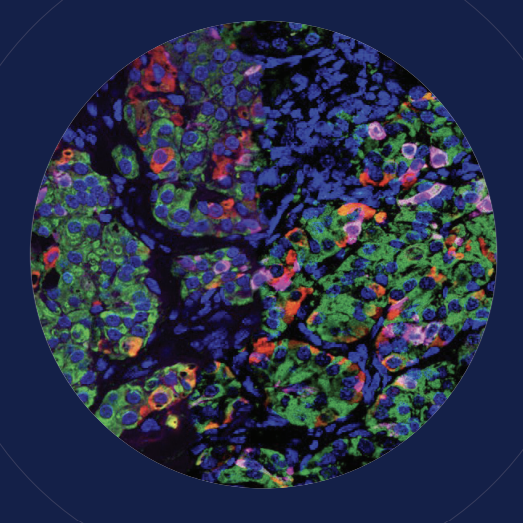
A trial to help the body make its own insulin again
Led by Professor Toby Coates at the University of Adelaide, the INCEPTR trial is the first in the world to test whether donor insulin-producing cells (called islets) can be transplanted under the skin instead of into the liver, where most donor cells are usually lost.
Using an Australian-made material called NovoSorb® BTM, this approach helps the cells survive, while allowing doctors to monitor and retrieve them if needed.
Early results are promising: participants showed signs of their bodies making insulin again, and they had more stable blood glucose levels. It’s an exciting step toward safer, more effective islet transplants – and one day, a functional cure for T1D.
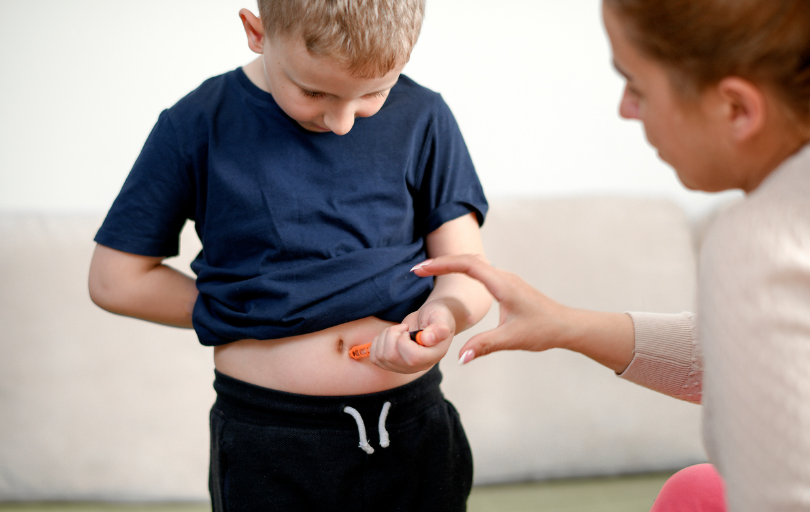
Revolutionising insulin therapy
With your support, researchers at Monash University, led by Professor Christoph Hagemeyer, are developing a new kind of ‘smart’ insulin that could transform life with T1D.
This next-generation insulin automatically responds to blood glucose levels, releasing insulin when glucose is high and pausing when it’s low.
In pre-clinical studies, a single dose worked for up to 3 days, offering smoother, safer glucose control and fewer injections.
What's next?
Our strategy ensures we only fund the best research to bring us closer to curing T1D and improving lives.
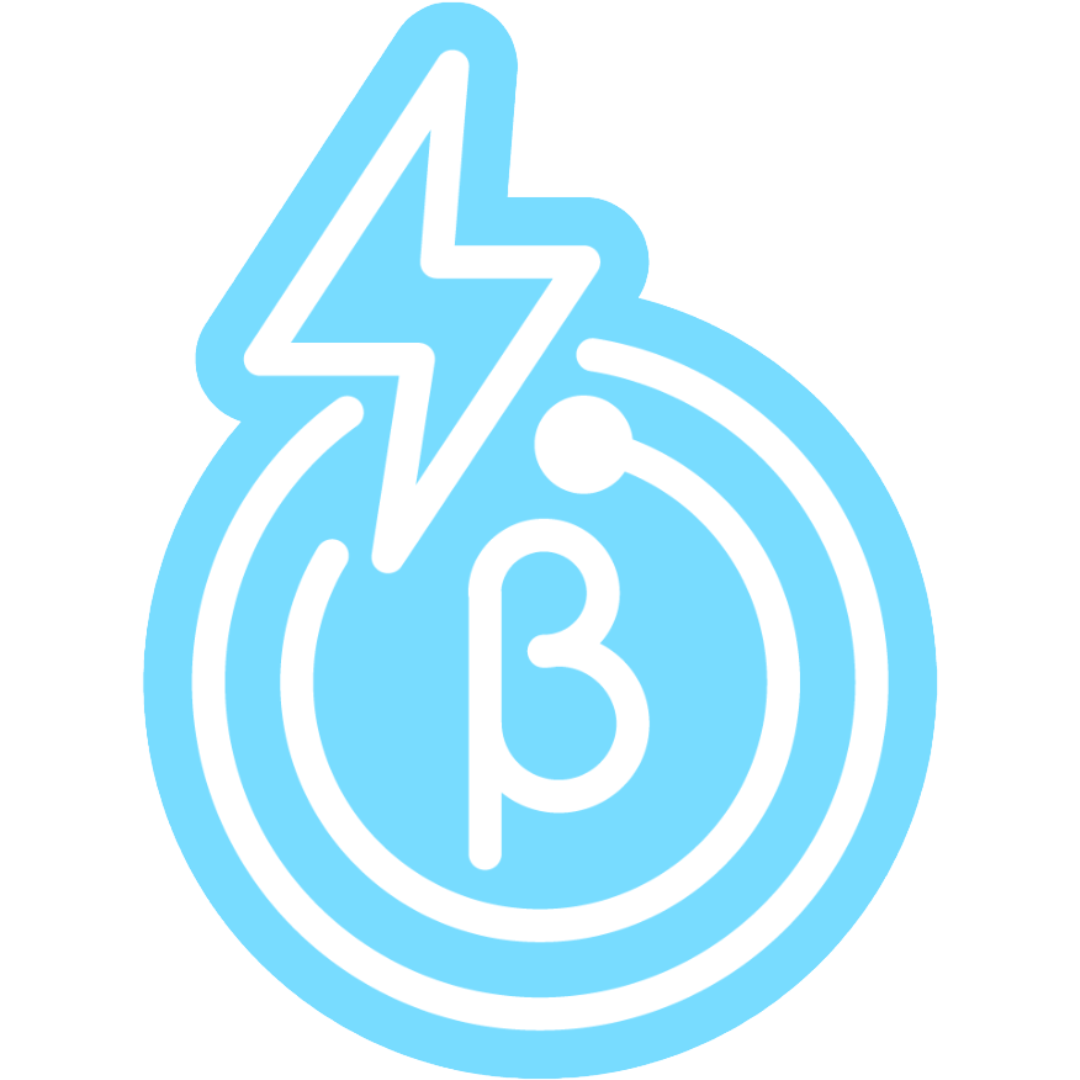
Curing T1D
We want a cure for T1D as fast as possible. That’s why we’re looking for a T1D cure from all possible angles, from early detection to disease-modifying therapies and cell therapies.
- Early detection: We’ll identify people in the early stages of T1D so we can one day prevent it from ever occurring.
- Disease-modifying therapies: We’ll deliver new therapies and treatments so we can prevent, halt or reverse T1D.
- Cell therapies: We’ll replace or regenerate cells damaged by the immune system so people with T1D can make their own insulin again.
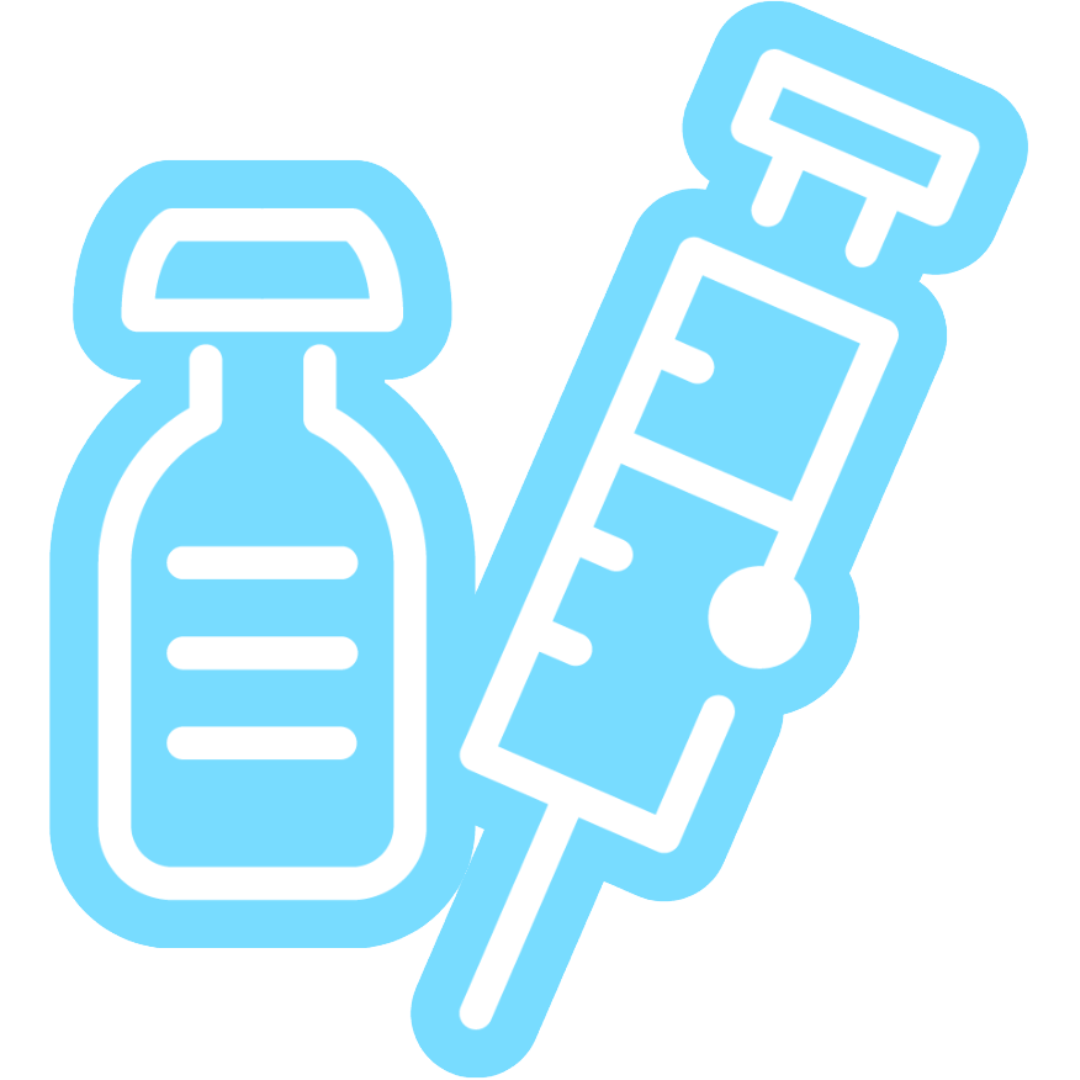
Improving lives
While we work on finding a cure for T1D, we want to make everyday life better for the people who are affected by it. That’s why we fund research in the following areas.
- Managing blood glucose levels: We’ll find new drugs and devices so blood glucose levels can be managed more easily.
- Complications: We’ll find new ways to manage, delay or prevent health complications associated with T1D.
- Mental health: We’ll improve the mental health of those affected by T1D, as well as the people who care for them.
Want to learn more?
Latest research progress
Check out the most recent research breakthroughs in Australia.
Become a Gamechanger
Stay up to date on research breakthroughs, clinical trials and more with our quarterly newsletter. Sign up now!


"My mission is to do all I can to enable a world where type 1 becomes type none."
Dr Aveni Haynes

"My hope is that more patients with type 1 diabetes will get access to pancreatic cell transplants so they'll be able to make insulin for themselves again."
Dr Toby Coates

"My ultimate goal is to help develop vaccines to prevent type 1 diabetes, as well as therapies to treat people already diagnosed."
Dr Ki Wook Kim
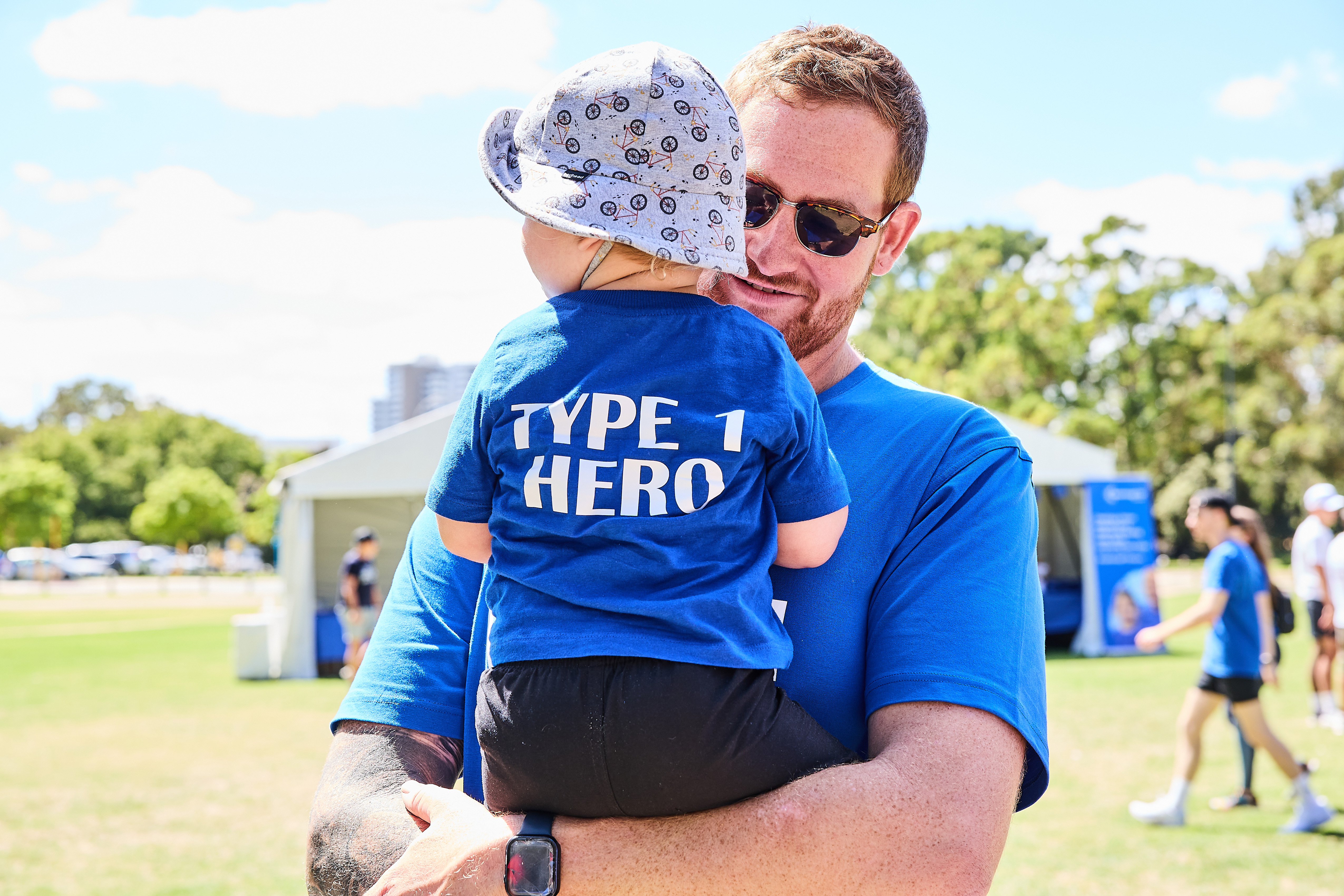
Ready to help create a world without T1D?
Join the world’s #1 fundraising event for families living with T1D. Sign up for One Walk today!


